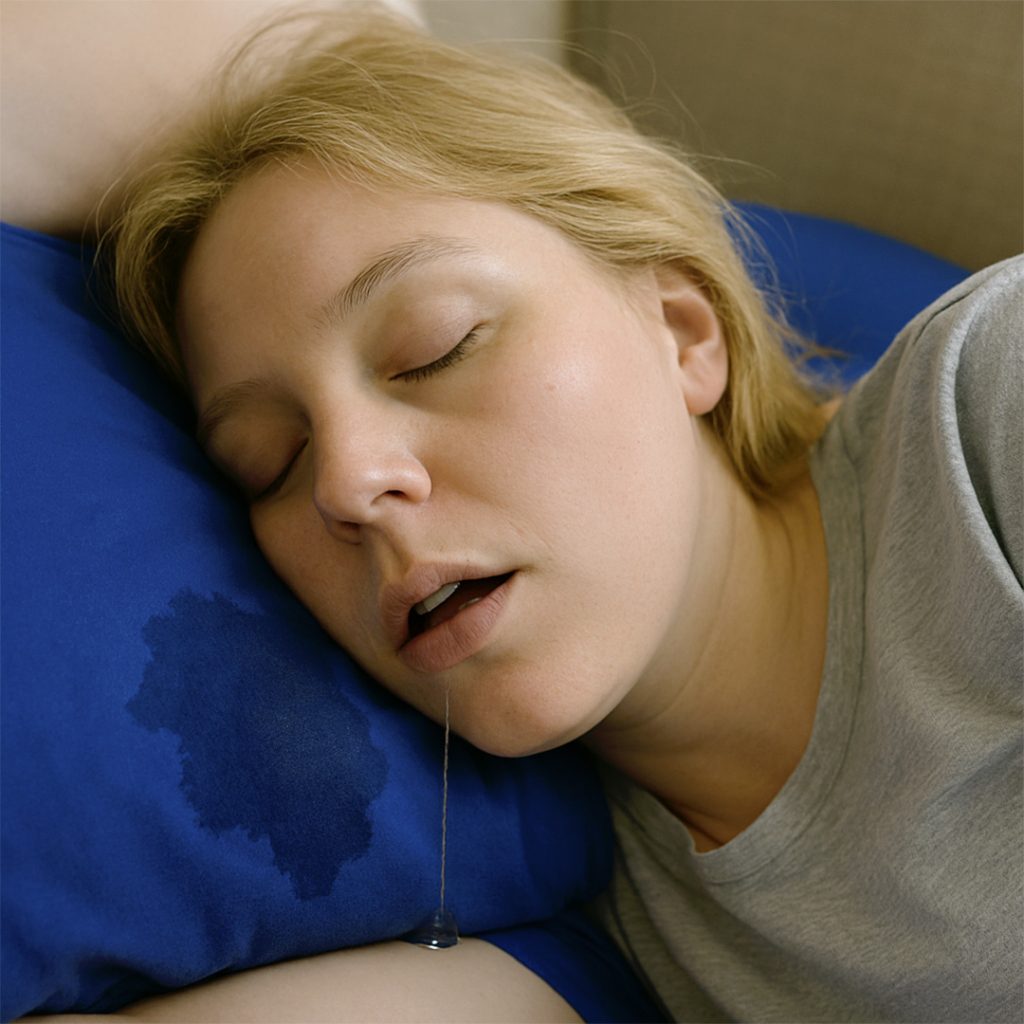
If you often wake up to find a bit of drool on your pillow, it might not just be a harmless habit. While it’s normal for kids, in adults it could be a sign that something else is going on. Your body might be trying to tell you something important…
Here’s a look at six possible reasons for drooling at night — and some easy, natural ways to deal with it.
6 Common Health Reasons Behind Drooling at Night
1. Oral issues: from gum problems to crooked teeth
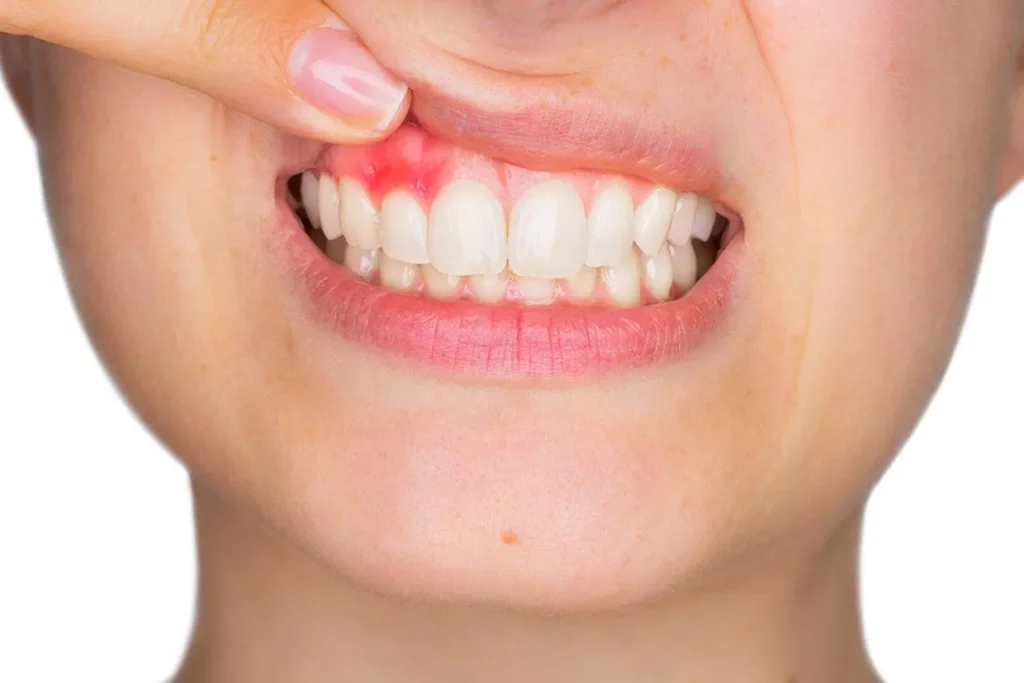
Inflammation, infections, cavities, or poorly fitting dentures can overstimulate your salivary glands. Even something like gum disease or teeth misalignment can mess with how your body controls saliva while you sleep.
Helpful tip: If you’re unsure, it’s a good idea to see a dentist. A healthy, properly aligned mouth helps keep drooling under control.
2. Facial paralysis: muscle weakness you can see
If one side of your face looks weaker or droops, it could point to facial paralysis. This imbalance makes it harder to hold saliva in, especially when lying down.
Watch out for: a drooping mouth corner or an eye that won’t close properly. See a doctor right away if you notice these signs.
3. Acid reflux: when stomach acid creeps up
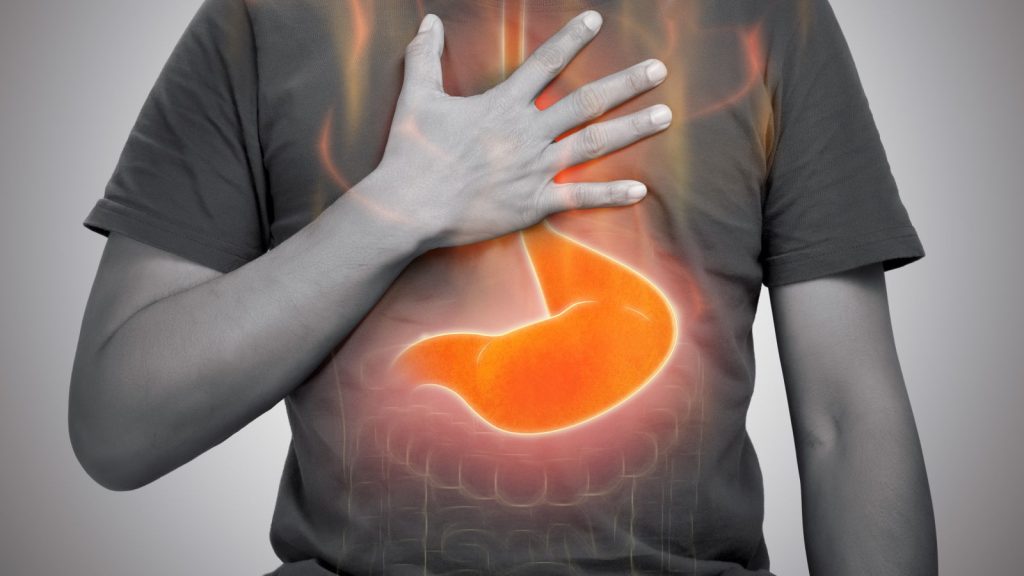
Gastroesophageal reflux can trigger extra saliva production. Your body tries to protect the esophagus from acid by making more saliva.
Other signs: heartburn, chest pain, or a sour/bitter taste in your mouth. Getting proper treatment can really help.
4. Parkinson’s disease: a little-known symptom
People with Parkinson’s often deal with drooling — not just from extra saliva, but because swallowing becomes harder.
It usually comes with: tremors, stiff muscles, and slow movements.
5. Stroke (cerebral thrombosis): a serious warning
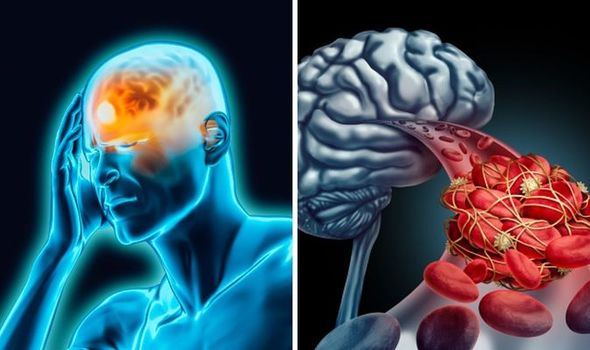
A clot in the brain can weaken the muscles that control swallowing, causing saliva to build up — especially on one side.
Seek immediate help if you notice: drooling on one side of the mouth, uneven facial expressions, speech trouble, or vision changes.
6. Atherosclerosis: a hidden danger in older adults
Blocked arteries can cut down the oxygen supply to the brain, weakening the facial muscles and making swallowing harder.
Pay extra attention if you have: high blood pressure, diabetes, or high cholesterol. Taking care of your heart health is key.
3 Simple Tips to Help Stop Drooling at Night
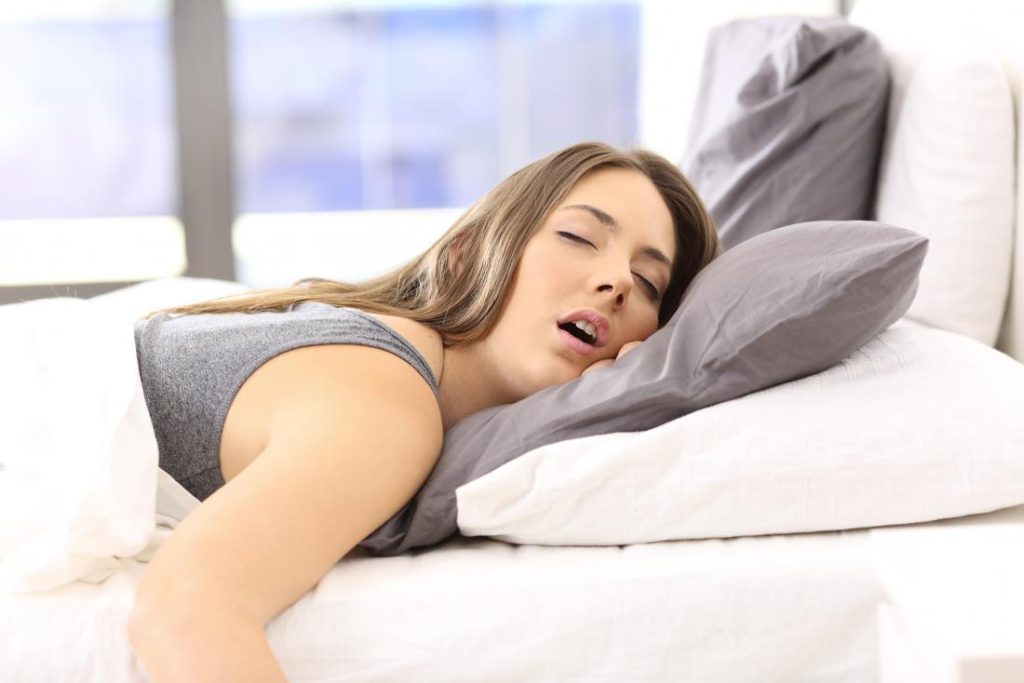
1. Adjust your sleeping position
Lying on your back helps keep your mouth closed better than sleeping on your side or stomach. Using a supportive pillow can help you stay in the right position.
2. Keep up with good oral hygiene
Brush thoroughly, floss, and use a good mouthwash. Even mild infections can throw off your saliva production.
3. Review your medications
Some meds can cause extra drooling. If you think your medicine might be the reason, talk to your doctor — but don’t stop or change any medication without medical advice.
In short
Drooling at night isn’t always something you should ignore. It can hint at dental, digestive, or neurological issues.
The good news is that in many cases, simple changes and natural remedies can make a big difference.
Stay aware of what your body is telling you — even while you’re asleep.